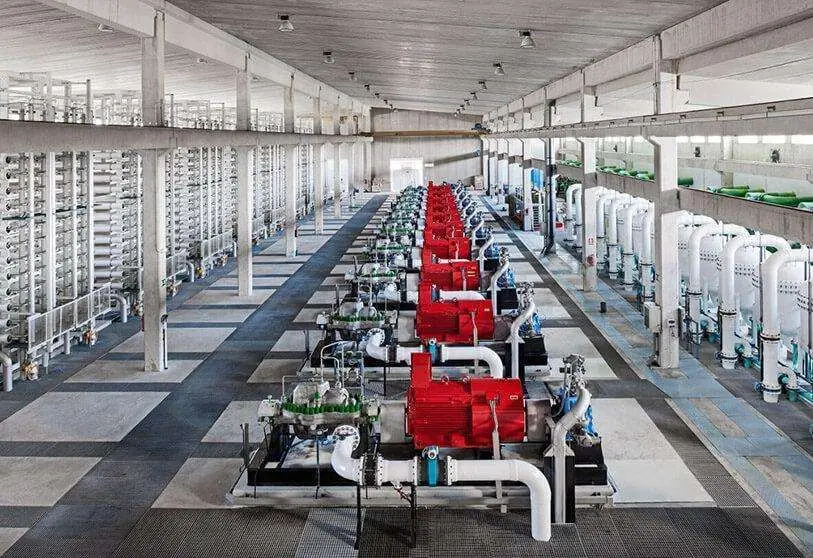Marruecos da un paso hacia el futuro con hasta diez plantas depuradoras en Casablanca

The Casablanca authorities have announced plans to build several new wastewater treatment plants to reuse treated water for irrigation of green spaces. The project is included in the Municipal Action Plan (PAC) for the period 2023-2028 and is expected to contribute to improving water quality in the city. This initiative will also contribute to reducing the environmental impact and pollution of the city's water resources.
Expert and former minister Hakima El Haite stated that the construction of these plants, with a budget of approximately $400 million, will serve to improve water quality in the region. The plants will treat wastewater from most households in the city and the metropolitan area. The aim of these initiatives is to improve the quality of life of Casablanca's population and ensure access to clean and safe water.
The municipality will allocate 450 million Moroccan dirham (more than 40.7 million euros) to the construction of new wastewater treatment plants in two phases. These facilities will be located in Al Hank, Casa Finance City, Sidi Moumen/Bernoussi, the city centre and Ben M'Sik/Sidi Othman.

In summary, the first five wastewater treatment plants will have a capacity of 6,570 m3 of effluent per day. These plants will allow wastewater to be treated, and used as a useful resource to irrigate a variety of green spaces around the Hassan II mosque, the Royal Anfa Golf Club, the Arab League Park, the green areas of the urban motorway (A3), the Alesco and Msik parks, the Mouley El Hassan park, the garden of the prefecture of Mohammedia, the Royal Golf Club of Mohammedia, the Pôle d'Anfa park, and the Issesco and Hermitage parks. This will allow the city to use the treated effluent for useful purposes, helping to improve air quality and the environment.
The second phase of Casablanca's drought resilience project began in 2022 with the commissioning of five new wastewater treatment plants. These facilities are in addition to the two existing plants that will be rehabilitated in order to reach a production capacity of 20,000 m3 of treated water per day for the irrigation of green spaces. This target should be achieved by 2025, when the project should be fully completed. The aim of this initiative is to increase the resilience of the city of Casablanca to drought and to regulate water supply in the long term.

In addition, the country is making a major effort to improve the efficiency of its water resources management by implementing a variety of technological solutions, such as the development of more efficient irrigation systems, the use of water reuse technologies, the optimisation of water distribution and improved monitoring of water resources.
The Alawi Kingdom has also implemented a number of programmes to improve environmental awareness, educate the population on the risks of inappropriate water use and promote the adoption of water conservation practices. These efforts have been manifested in the construction of wastewater treatment infrastructure, the reduction of surface and groundwater pollution, the development of protected wetlands and the improvement of water quality. The Moroccan government aims to improve sustainable water management and minimise problems related to water wastage in and around the city of Casablanca. These wastewater treatment plants will be part of the North African country's strategy to promote awareness of responsible consumption. With the implementation of these plants, Casablanca is expected to become a cleaner and healthier city. This will put Morocco at the forefront of environmental protection and water conservation. We hope that this initiative will be successful and that it will contribute to improving the quality of life of the Casablanca community.








